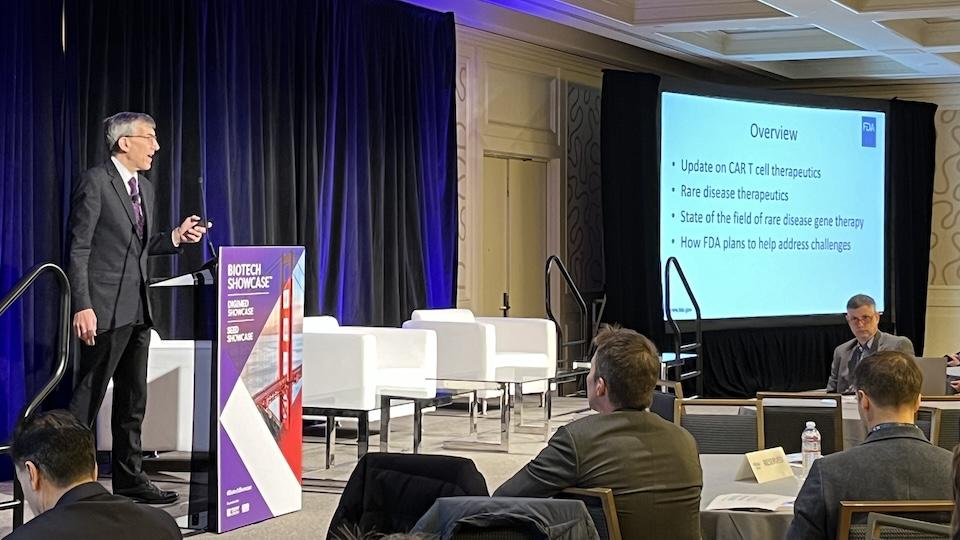Orchard's gene therapy for MLD finally gets US approval

The FDA has cleared its first gene therapy for children with metachromatic leukodystrophy (MLD), a rare genetic disorder of the brain and nervous centre. The therapy, Orchard Therapeutics' Lenmeldy (atidarsagene autotemcel), is already approved in the UK and some other European countries, where it is known as Libmeldy.
Orchard Therapeutics, a UK company, was purchased by Japan's Kyowa Kirin in October in a deal that, in light of the approval, will pay out a full $478 million. At the time the company's priority review by the FDA, which was filed in August, was still pending and part of the purchase price was contingent on the FDA's decision.
In the UK, the therapy has been approved since late 2020 although reimbursement for the expensive treatment proved a bigger hurdle than approval. After rejecting the drug for its high price in 2021, the NHS finally cut a deal with the company in 2022. Orchard Therapeutics plans to share more details about US pricing next week, but in Europe the therapy costs the equivalent of $3.7 million, making it even more expensive than the two gene therapies FDA approved late last year.
“This is the first FDA-approved treatment option for children who have this rare genetic disease,” Dr Peter Marks, director of the FDA’s Center for Biologics Evaluation and Research (CBER), said in a statement. “We remain committed to advancing scientific and regulatory principles that enable the efficient development and review of safe, effective and innovative products that have the potential to change patients’ lives.”
Marks spoke at the Informa Biotech Showcase outside JPM this year about the ways the FDA is trying to clear more gene therapies this year.
MLD is a previously untreatable genetic disorder that causes rapid deterioration in babies, leading to a loss of motor and cognitive function and eventual death. It's caused by a deficiency in the ARSA gene coding for the enzyme arylsulfatase-A, which allows sulphatide compounds to build up in the body. MLD affects an estimated one in 40,000 babies born in the United States, according to the FDA.
Lenmeldy is an autologous cell therapy in which, following a round of chemotherapy, patients' blood stem cells are removed, genetically modified to include a functional copy of the ARSA gene, and then returned to the body where they engraft within the bone marrow. In a trial of 37 children, the treatment allowed all 37 to survive to the age of six, compared to just 58% of the group in historical controls. Seventy-one percent of treated children could walk without assistance and 85% had normal language and performance IQ scores.
“The FDA approval of Lenmeldy opens up tremendous new possibilities for children in the US with early-onset MLD who previously had no treatment options beyond supportive and end-of-life care,” Dr Bobby Gaspar, cofounder and chief executive officer of Orchard Therapeutics, said in a statement. “This achievement is the culmination of decades of research and development in partnership with our academic and clinical collaborators at the San Raffaele-Telethon Institute for Gene Therapy. I want to express my sincere gratitude to the patients and families who participated in our clinical trials as well as to the broader MLD community – we would not be here today without your contributions and support.”












